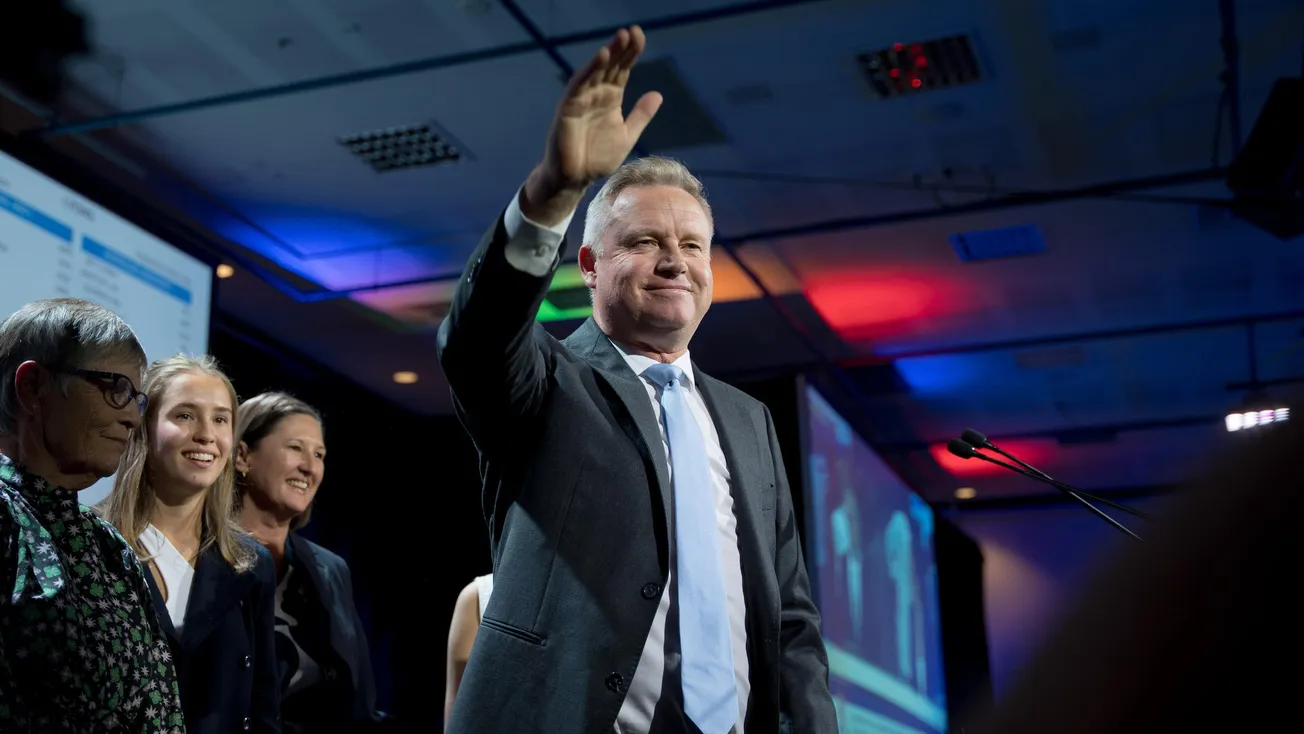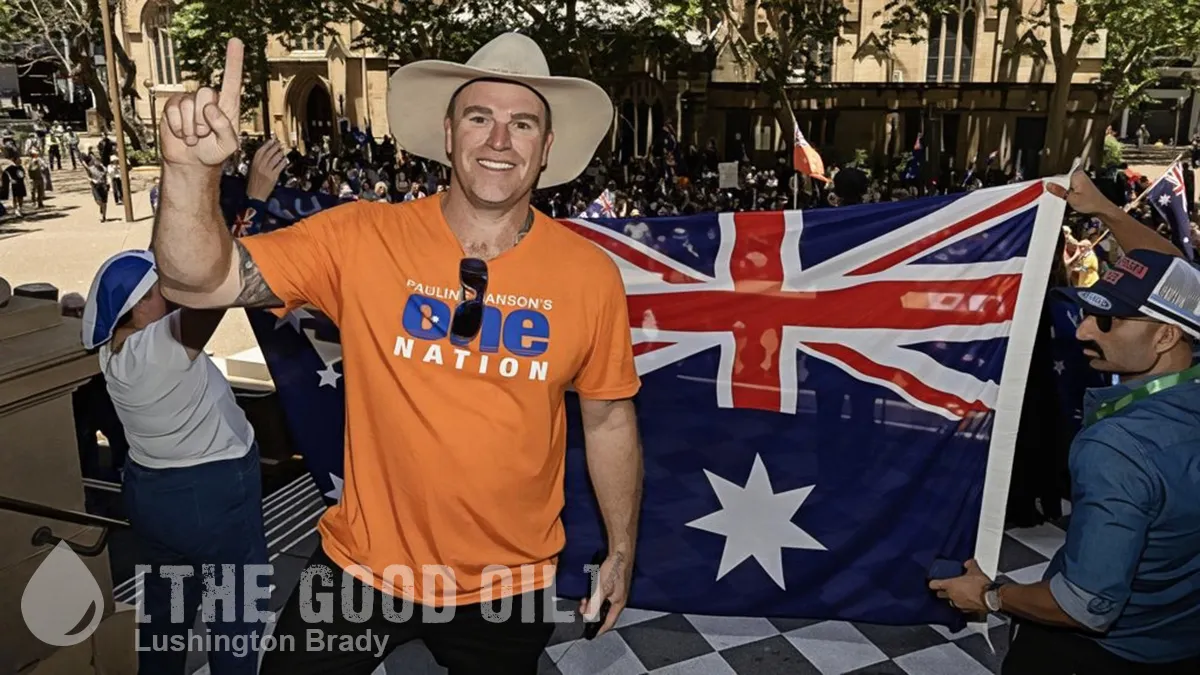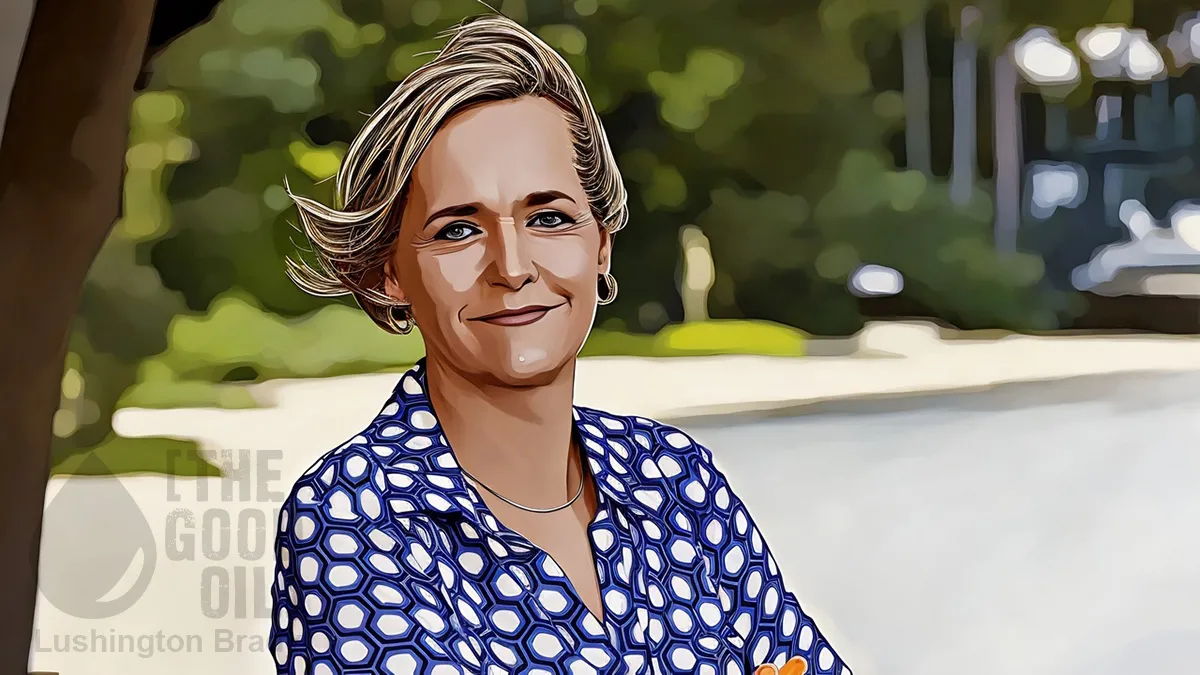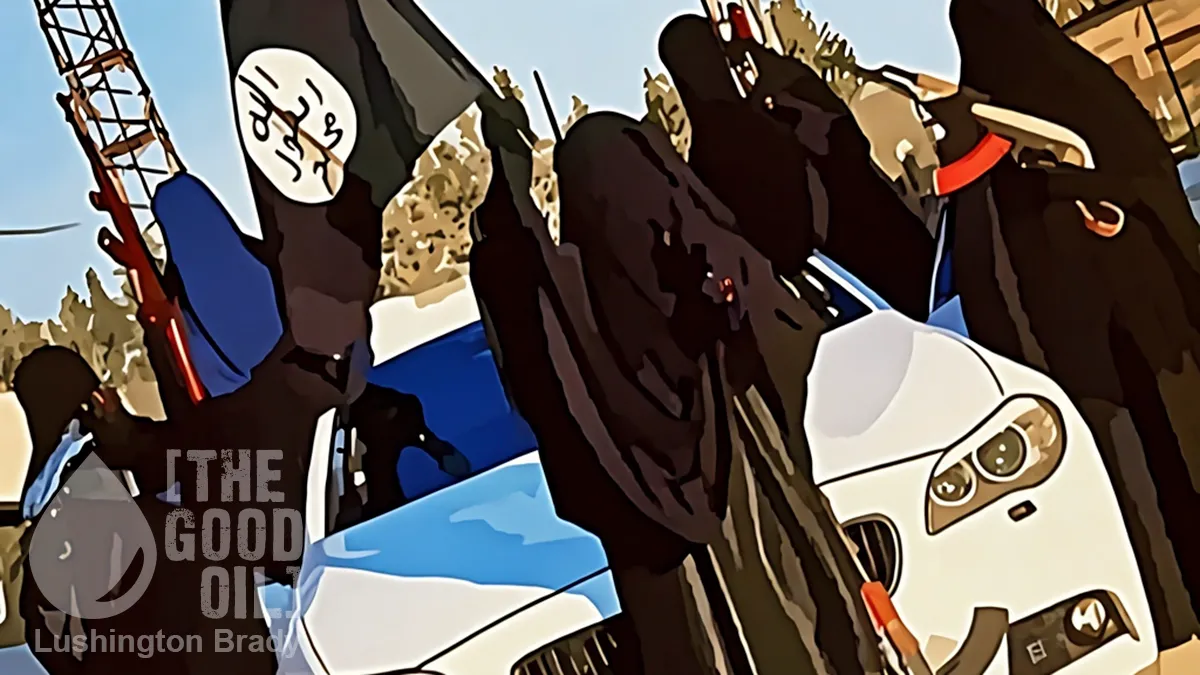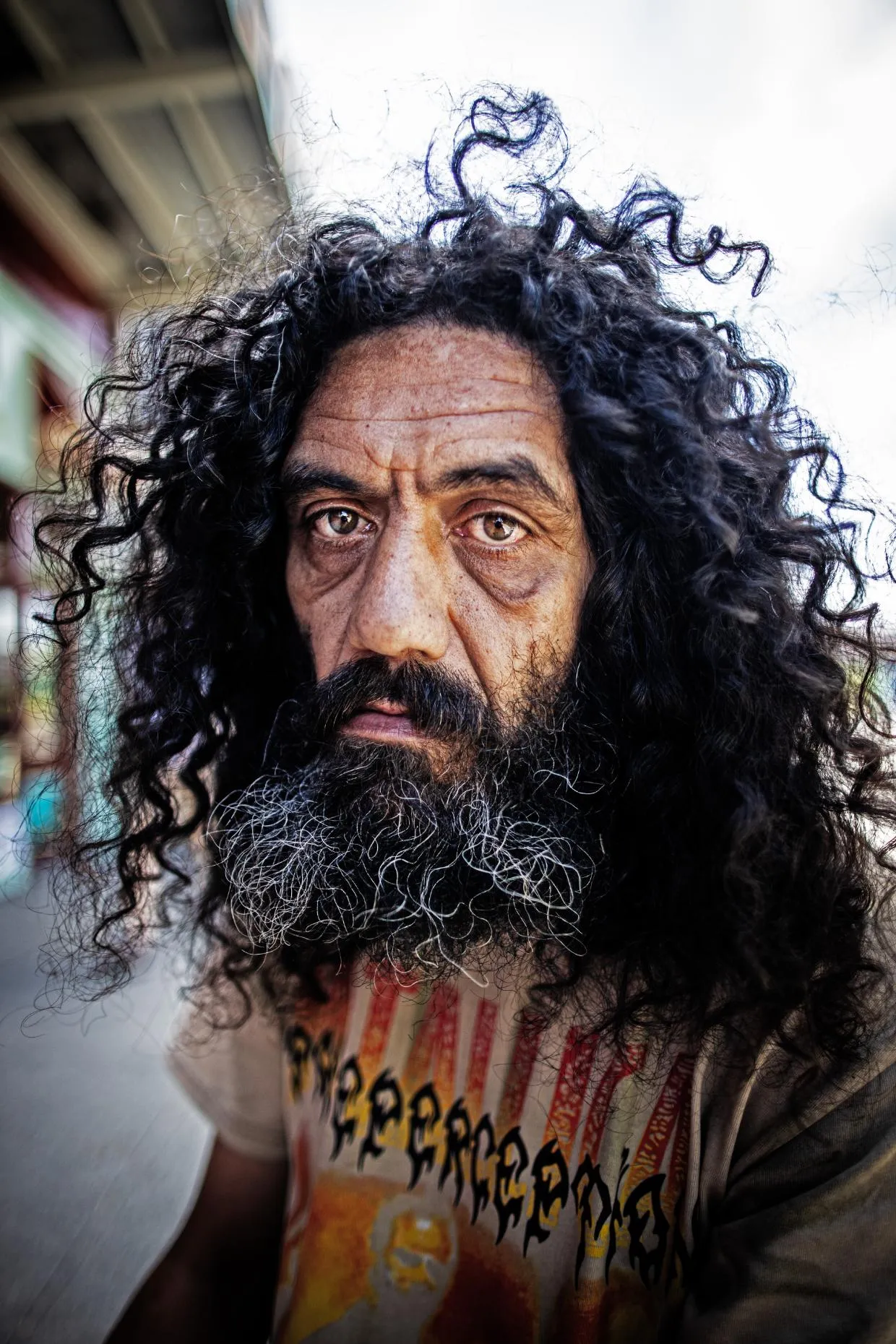Table of Contents
Tasmania’s election is done, if not yet dusted, and the result is a warning shot for both major parties at the federal level. Of course, Tasmania’s hare-brained Hare-Clark election system, which makes MMP look almost rigorous, doesn’t help. This is a system which actually punishes electoral success and boosts failures: each electorate elects five members, and when a candidate receives well above the necessary quota to be elected, their “excess” votes are “re-distributed” to less successful candidates.
Little wonder, then, that this state is plagued with a succession of minority governments, held hostage to fringe parties.
Tasmania’s Liberals have started backroom negotiations with independents and the Jacqui Lambie Network to try to form government, as Labor rolled its leader to walk away from a shot at governing.
While Jeremy Rockliff has led the Liberals to a record fourth term in government, it’s likely a Pyhrric victory. As one observer noted, it’s likely the government will have to ask the crossbenchers’ permission to even go to the dunny.
The Liberals, who saw their primary vote fall 12 percentage points from the 2021 election, had “taken a kick” but Tasmanians had not voted to change the government, [Rockliff] said.
However, it is unclear if the Liberal Party will have enough independents and JLN MPs onside to strike a minority government agreement.
If an agreement cannot be made in the coming weeks, while counting continues, the Liberals will need to test their support on the floor of parliament.
Having survived that vote, the party would then need to rely on an essentially hostile parliament to pass every piece of legislation and for its ongoing survival.
But if the Liberals didn’t exactly roll in glory, things were worse for Labor. Leader Rebecca White is highly unlikely to survive a third straight election loss, especially not with the all-powerful union bosses all but openly demanding she be rolled by the party. The Greens, for all their crowing, couldn’t lift their vote by any more than Labor: both parties barely scraped a 1% swing.
So, if the swing against the Liberals was 11%, where did all those votes go? The Jacqui Lambie Network (+6.7%) and independents (+3%).
Eighteen seats are needed for a majority.
With the final make-up of the parliament to remain unclear until all postal votes are received and the preference carve-up begins on April 2, the state is entering a period of political limbo. It appears the Liberals are likely to have 15 seats, Labor 10 or 11, the Greens five and the Jacqui Lambie Network two or three, while two independents will also be elected.
The Australian
So, what are the Jacqui Lambie network?
Like Pauline Hanson, Lambie came out of political nowhere to carve a niche for herself as an independent. Originally elected as one of billionaire Clive Palmer’s Palmer United candidates, Lambie, like most of Palmer’s flock, quickly quit the portly, would-be Svengali’s party and has remained an independent since.
Like Lambie herself, her “network” of candidates are a mixed bag of often-bewildering policy aims, with no set party platform. For instance, Lambie opposes a new AFL stadium in Hobart, while “network” member Troy Pfitzner supports it.
A private investigator, a former mayor of the Royal Borough of Windsor and Maidenhead in the United Kingdom, and a pharmaceutical consultant who wants land tax abolished.
These identities are among those who remain in the running to be elected for the Jacqui Lambie Network (JLN) in Tasmania following Saturday’s state election […]
The other independents — progressive Kristie Johnston and former Labor leader David O’Byrne — may be less likely to support the Liberals into government, although Mr O’Byrne says he will enter discussions with an open mind.
The first task of the new parliament will be to elect a speaker, which the Liberals could offer to one of the independents.
Ten bucks says they’ll try and buy off O’Byrne with the cushy Speaker job.
While Mr Rockliff is a moderate, his party is likely to have a more conservative flavour than the previous term of parliament.
The Liberals will have conservatives Eric Abetz and Jacquie Petrusma in the partyroom, joining Michael Ferguson, Guy Barnet and Felix Ellis, and there is the potential of an additional conservative being elected in both Bass and Braddon.
ABC Australia
On the other hand, several Liberal “moderates” are struggling to achieve a quota for re-election. Which ought to be a lesson to other state branches.
More importantly, the wholesale desertion of both major parties is a clear warning for the federal parties not to take voters’ patience for granted.

